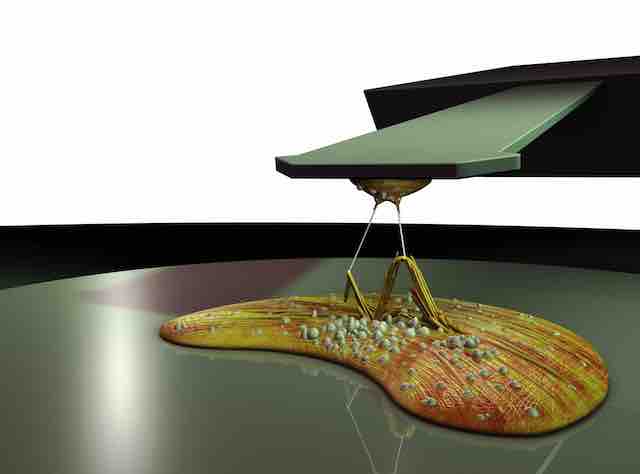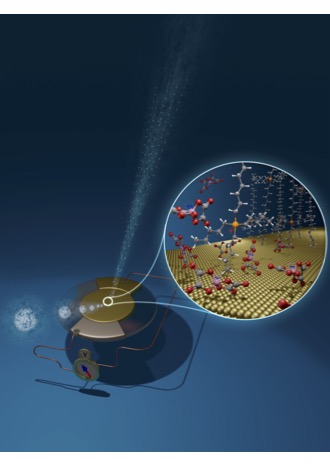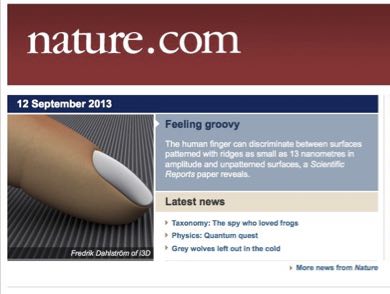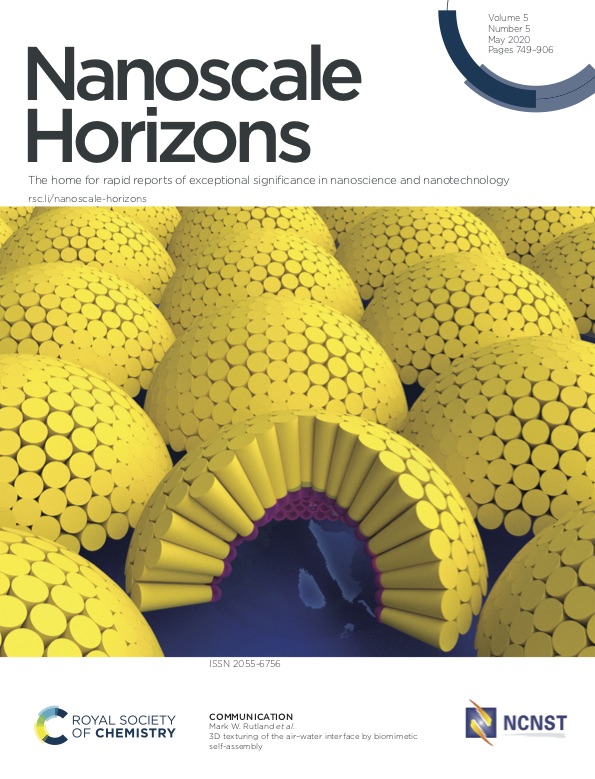Mark Rutland
Professor
Detaljer
Forskare
Om mig
At KTH since 1998 after a 4 year stint lecturing at the University of Sydney, Australia. Research Interests include the following. Nanotribology, Perception, and Surface self assembly /spectroscopy , particularly in Ionic Liquids.

In the area of nanotribology, we have been working since 1998 on techniques for the measurement of friction using AFM. Primarily we use the colloid probe technique to measure capillary condensation, adhesion, friction, and other surface forces, between materials as disparate as hair,cellulose, proteins, saliva and dual responsive polymers. As a result of these studies we have been able to demonstrate superlubricity using repulsive Lifshitsz forces, elucidate adhesion mechanisms in biocomposite systems, and understand how adsorbedpolyelectrolyte conformations affect friction. The fundamentals of capillary condensation have allowed us to understand materials interactions in tableting and solve a longstanding pharmaceutical challenge. A central theme of recent years is to understand how Ionic Liquids (ILs) behave under confinement and shear, and how electric potentials can be used to control the near surface structure and the resulting interactions. In the program REFIT we are focusing on bridging the gap between macroscopic and nanoscopic friction in ILs. The combination of advanced nonlinear spectroscopy, with neutron reflectance, SANS, AFM, QCM and traditional tribological approaches allows understanding of how IL chemistry manifests at the macroscopic lubricant level. We are now using this knowledge to design novel IL based supercapacitors as part of the WISE initiative.

Tactile perception is an exciting "new" field, literally at theinterface between materials science, tribology, neurology and psychology, which explains the involvement of a surface chemist/nanotribologist. Our sense of touch (using our hands) relies on the contact mechanical interactions between the stratum corneum and the surface of interest, and these interactions are then transmitted via our somatosensory system to the brain. In our research, we choose to address the brain via psychophysical approaches. We are investigating from such a perspective how surface properties such as roughness,finger friction and surface chemistry are implicated in the sense of touch. Roughness and friction are intimately related and while these parameters can be separated for uniform fine textures , the relationship becomes more entwined, as we show in a study of commercial coating materials. We demonstrated early how tribology plays a key role, and have coined the termPsychotribologyas a research field underpinning tactile perception. The acuity of touch declines with age and we have identified the mechanisms responsible for this - which are both somatosensory and biomechanical. The same article shows how tactile acuity can be temporarily restored, for example using a topical formulation.

We have a Vibrational Sum frequency Spectroscopy facility with which we study interfacial self assembly of for example surfactants, phospholipids and crown ethers. An ongoing program is the study of how molecules such as boundary lubricants respond to confinement and shear. Recently we have combined neutron reflectance studies with Langmuir Blodgett films and AFM analysis to demonstrate that self assembly at the water-air interface causes the water surface to conform to the packing criteria of the surfactants - enabling facile nanopatterning, as well as 3D topography of the water itself. This knowledge is allowing us to design novel drug delivery systems.
Extensive experience and problemsolving skills in the cosmetics industry, particle-surface adhesion in formulation, and low friction coatings.
Kurser
Examensarbete inom kemi, avancerad nivå (KD200X), kursansvarig, examinator
Fysikaliska metoder i yt- och materialkarakterisering (FKD3390), examinator
Kemisk dynamik (KD1080), lärare
Livsmedelskemi- och teknologi (CK2000), lärare
Nanostrukturerade material (KD2170), lärare
Projekt i kemi (KD2910), examinator, kursansvarig
Projekt i kemi (KD2920), examinator
Projekt i kemi (KD2905), examinator
Projektarbete inom yt- och kolloidkemi (FKD3340), examinator
Ytor kolloider och mjuka material (FKD3230), examinator
Ytor, kolloider och mjuka material (CK204V), examinator
Ytor, kolloider och mjuka material (KD2350), kursansvarig, examinator
